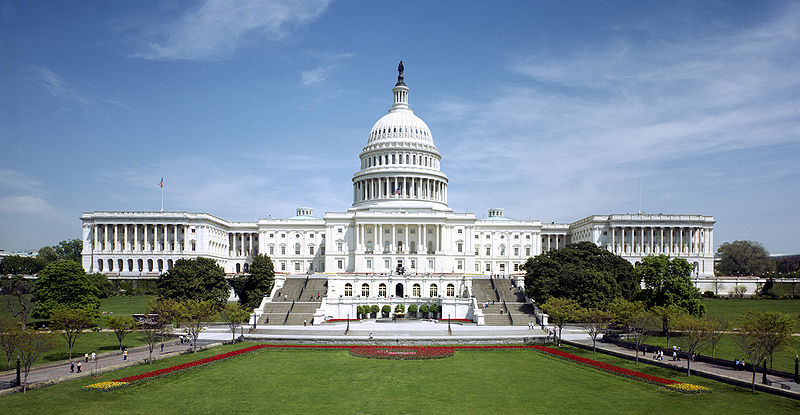Proposed federal tax bill could reshape Puerto Rico’s fiscal outlook

The budget reconciliation bill adopted by the U.S. House of Representatives on May 22 (HR 1 or the “One Big Beautiful Act”) incorporates tax changes originally adopted under the Tax Cuts and Jobs Act (TCJA) of 2017, which are extended or expanded. The act now moves to the Senate. The goal is final passage of the budget resolution by the end of June.
Some of the proposals are of local interest. Among the most important:
1. The tax measures permanently extend, with modifications, several provisions of the TCJA for individuals and corporations, as well as international tax provisions that expire at the end of this year.
2. Includes Section 899 to address what President Trump called “unfair foreign tax practices” (UTPR). It would increase federal taxes on passive income in the United States for investors based in certain countries, such as Great Britain and Canada. An unfair foreign tax is defined as one that includes a less-than-taxable profits rule, a digital services tax (DST), a diverted profits tax, an extraterritorial tax, and other taxes whose costs are disproportionately borne by U.S. citizens.
3. Introduces a 100% depreciation bonus for new manufacturing activity for the period 2025-2028.
4. Contains proposals regarding global intangible low-taxed income, known as GILTI, the Contributory Abuse Tax (BEAT), and the Foreign Source Intangible Income (FDII) provision. The TCJA establishes Section 250, through which corporations can deduct 50.0% of their annual GILTI inclusion and 37.5% of their annual FDII inclusion. Under the act under consideration, the current rates would be slightly reduced to 49.2% (GILTI) and 36.5% (FDDI), and would be permanent.
5. Establishes a phase-out period for credit for the manufacture of wind energy components starting in 2027.
6. Extends the full deduction for domestic R&D expenditures after 2024 to the year in which they were incurred.
Once the budget reconciliation resolution is approved, it remains to be seen how it will fit with current federal and local legislation. It will be necessary to clarify what it entails for Puerto Rico and prepare the necessary measures to either take advantage of the opportunities it presents or mitigate those that pose a risk.

Author Leslie Adames is director of the Economic Analysis and Policy Division at Estudios Técnicos Inc.












